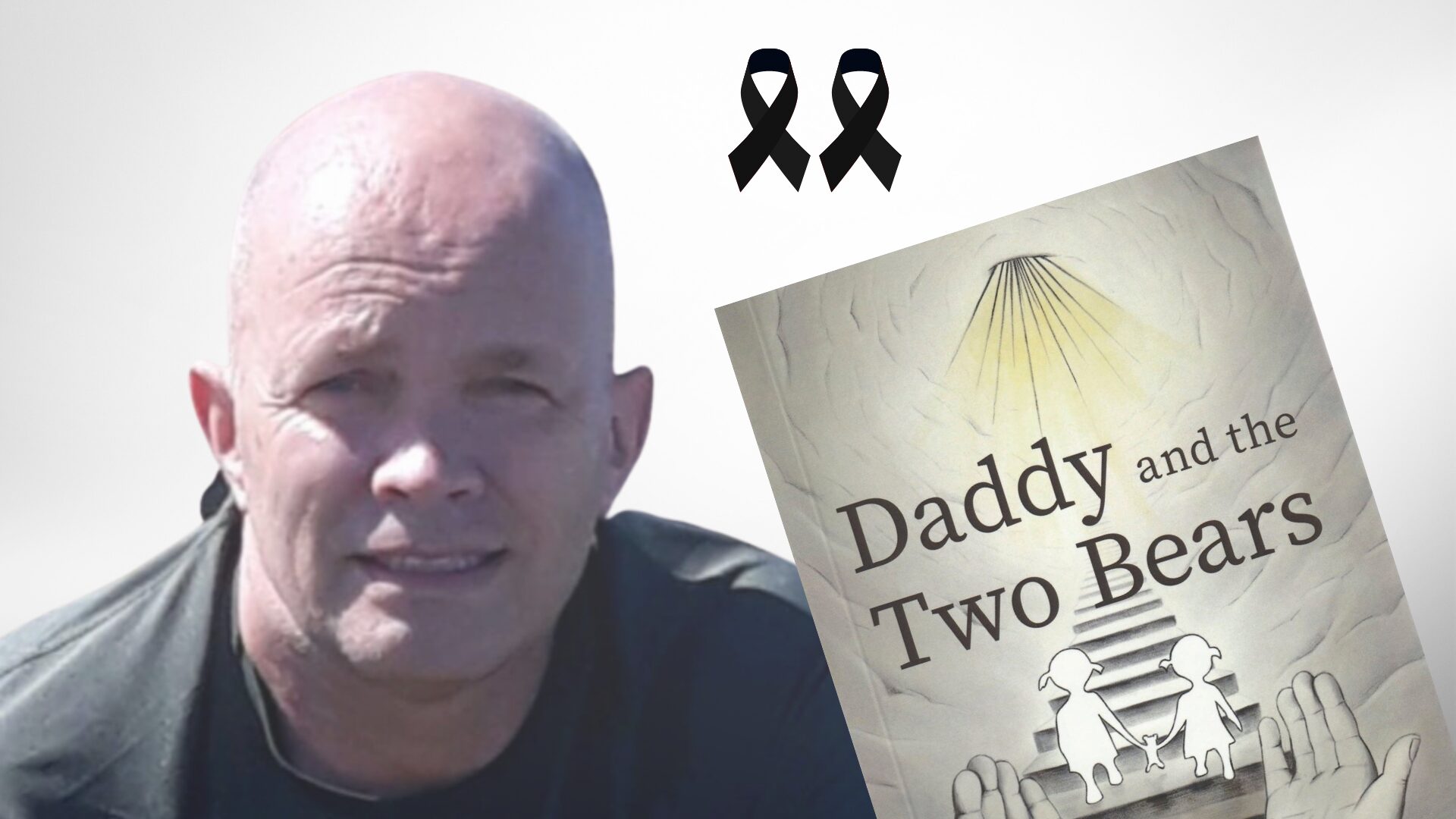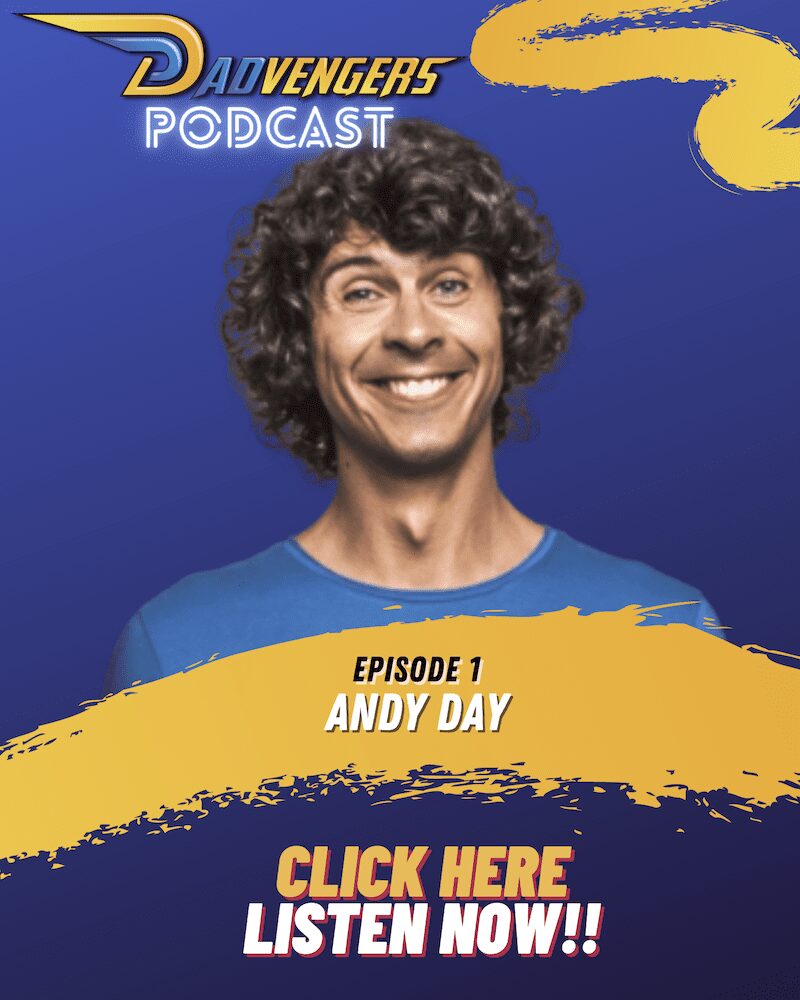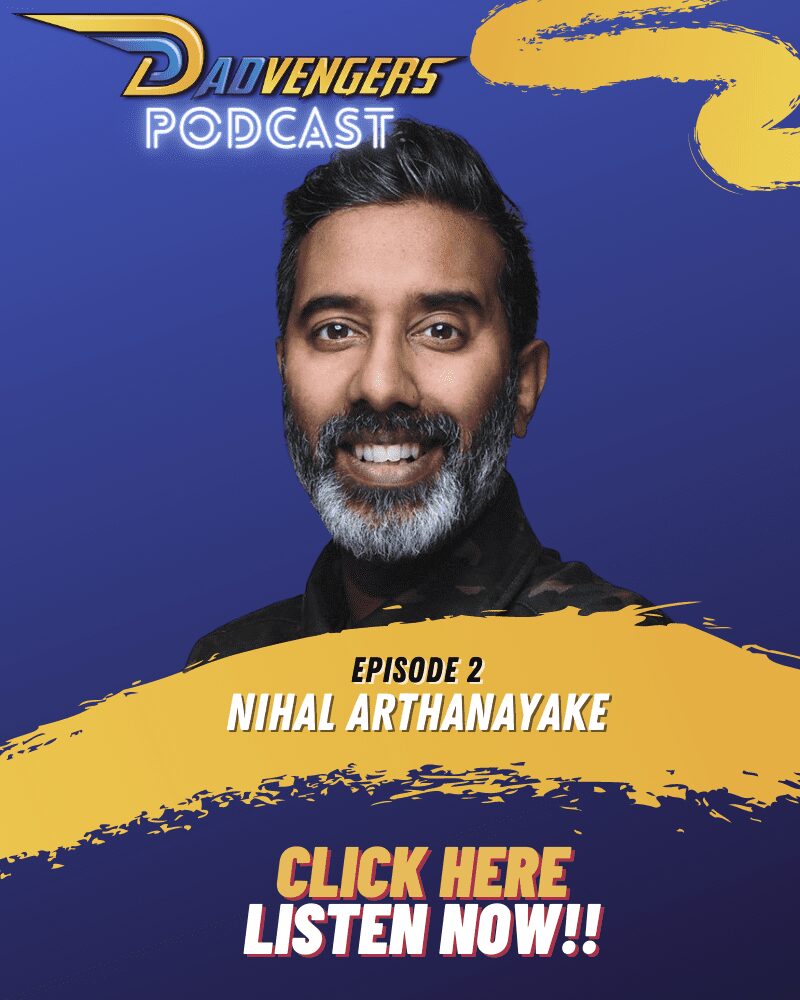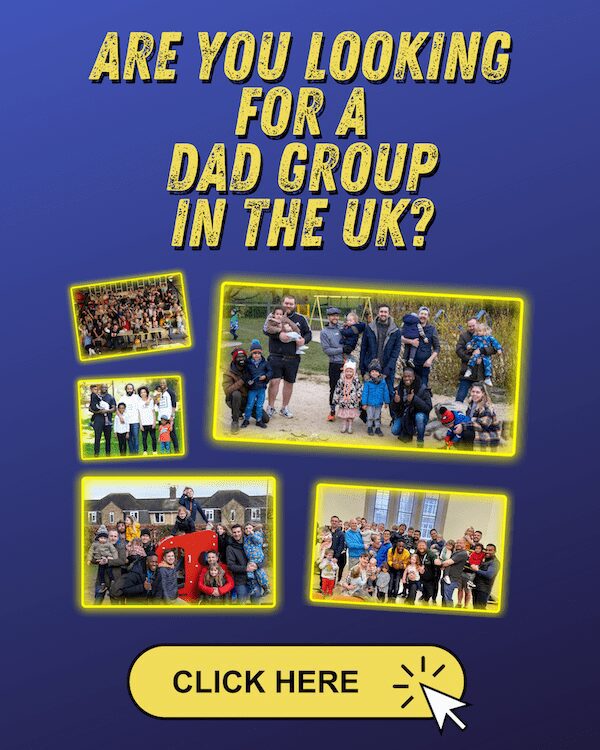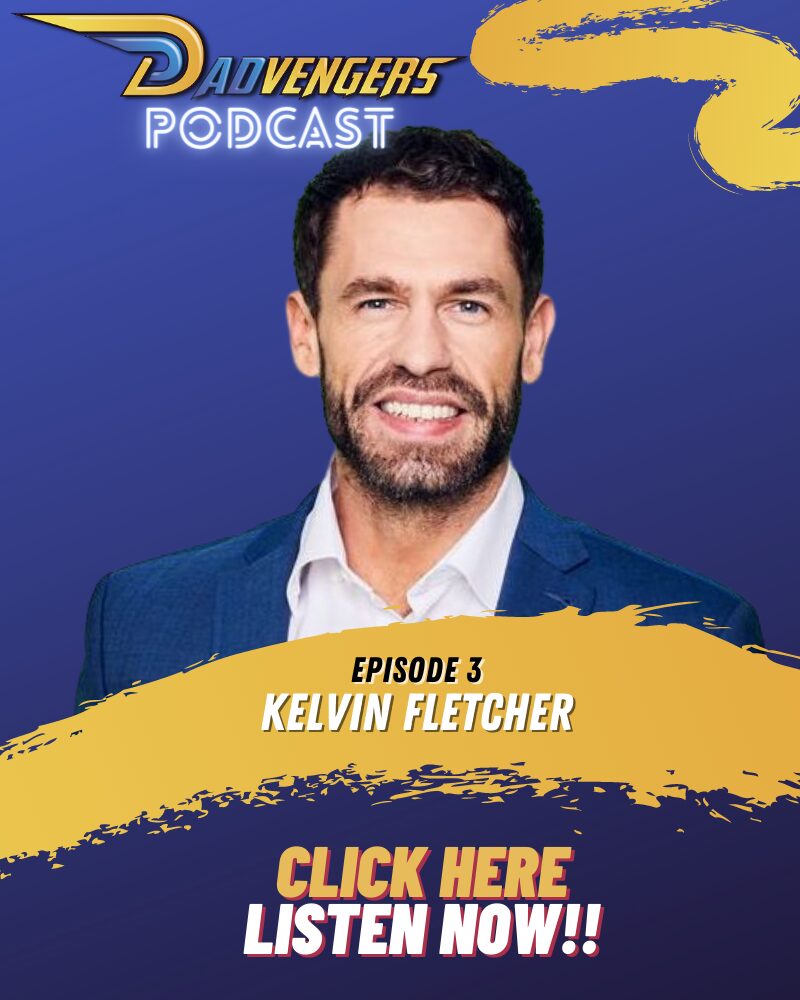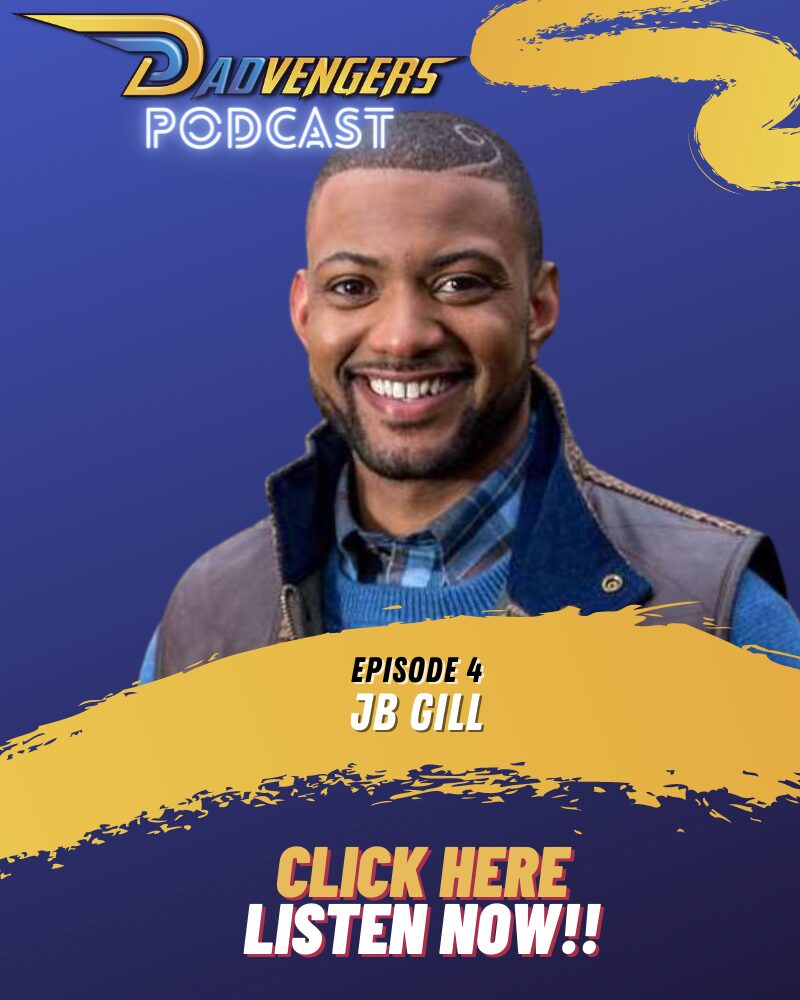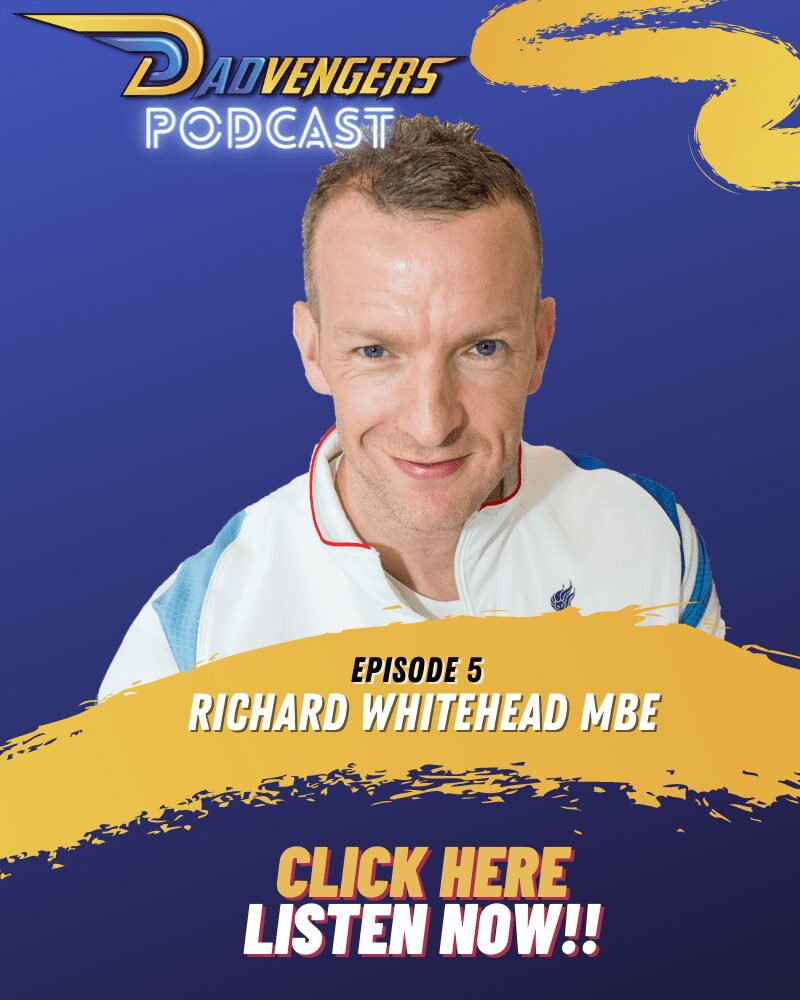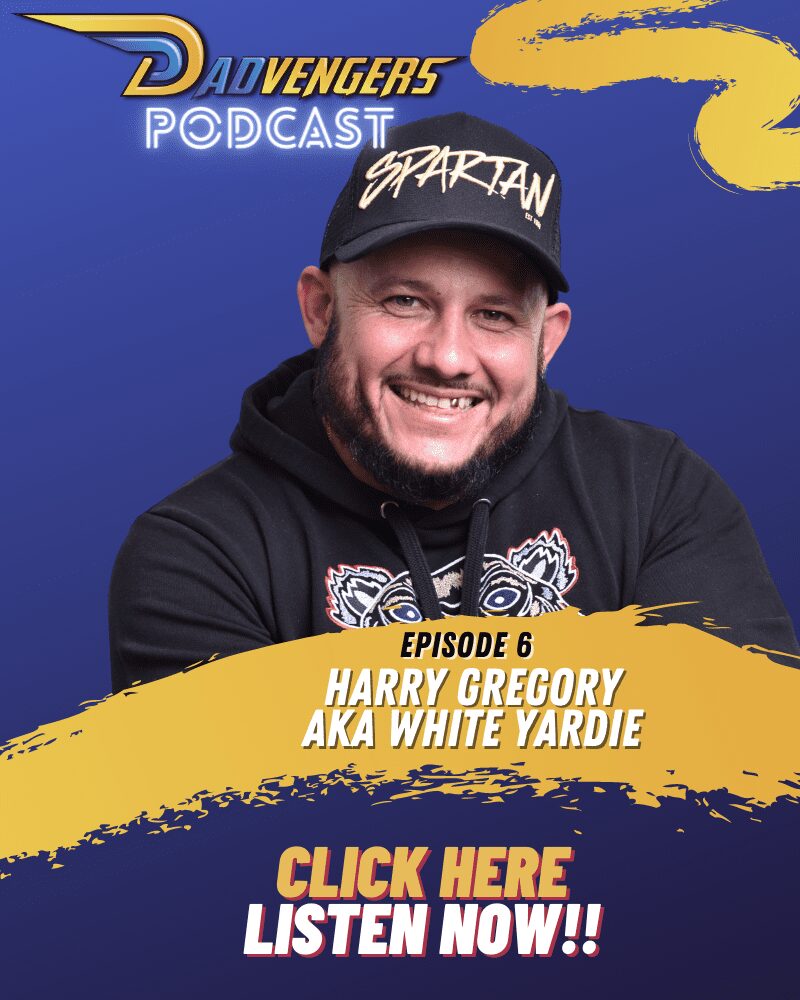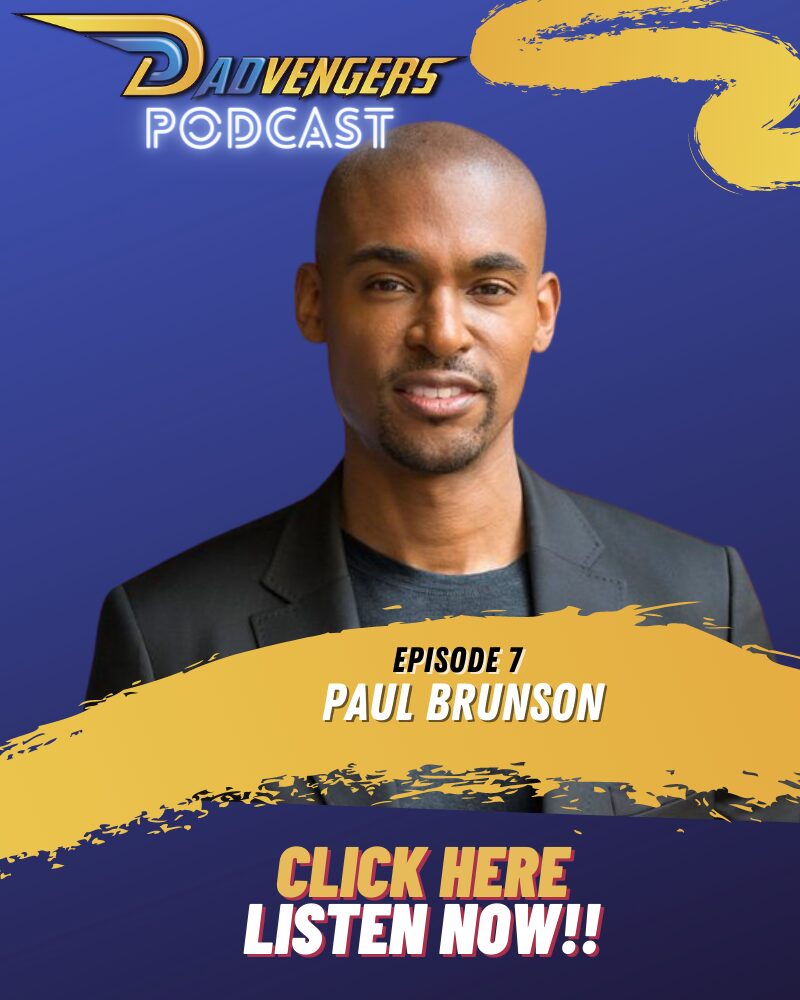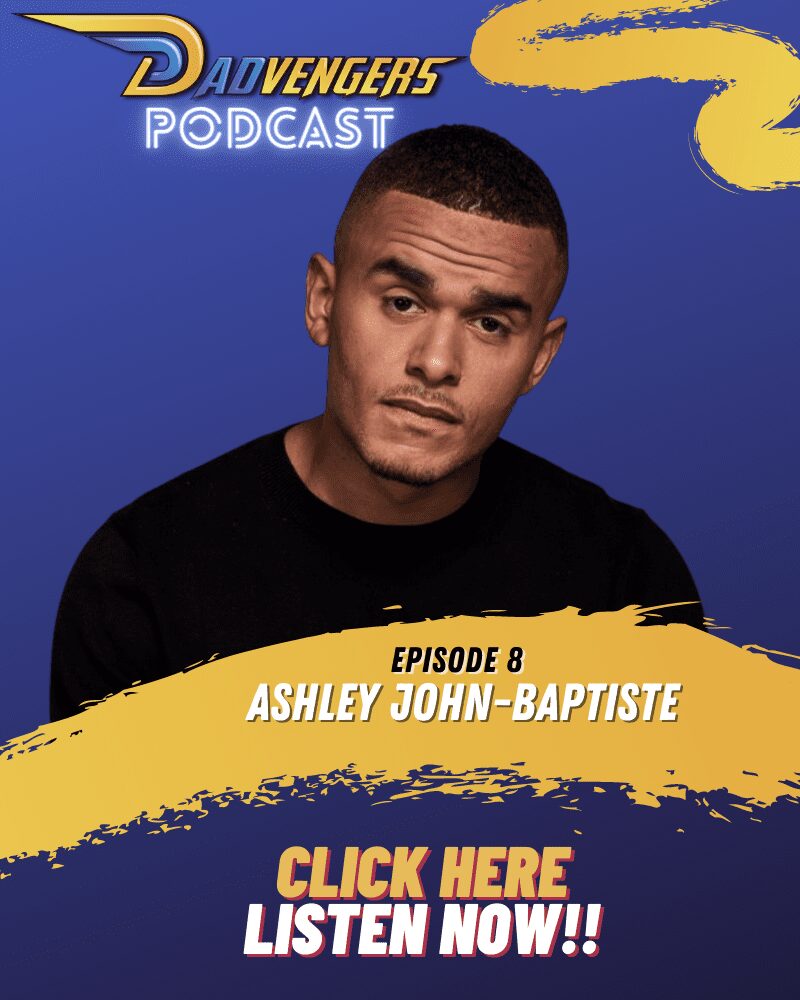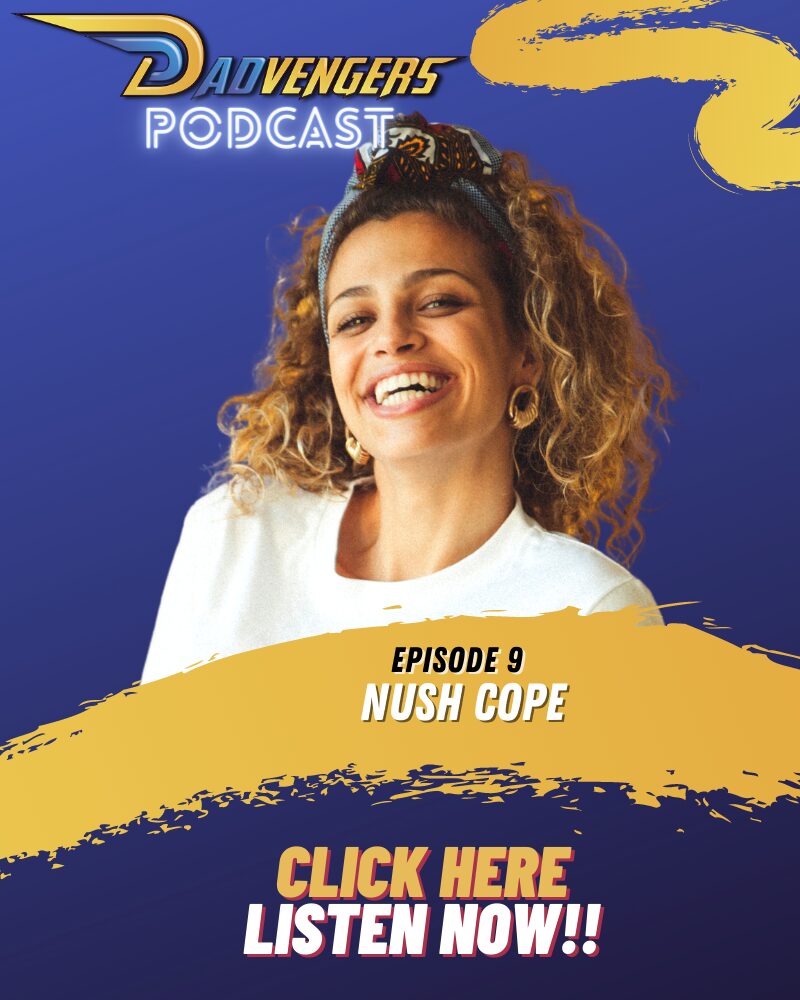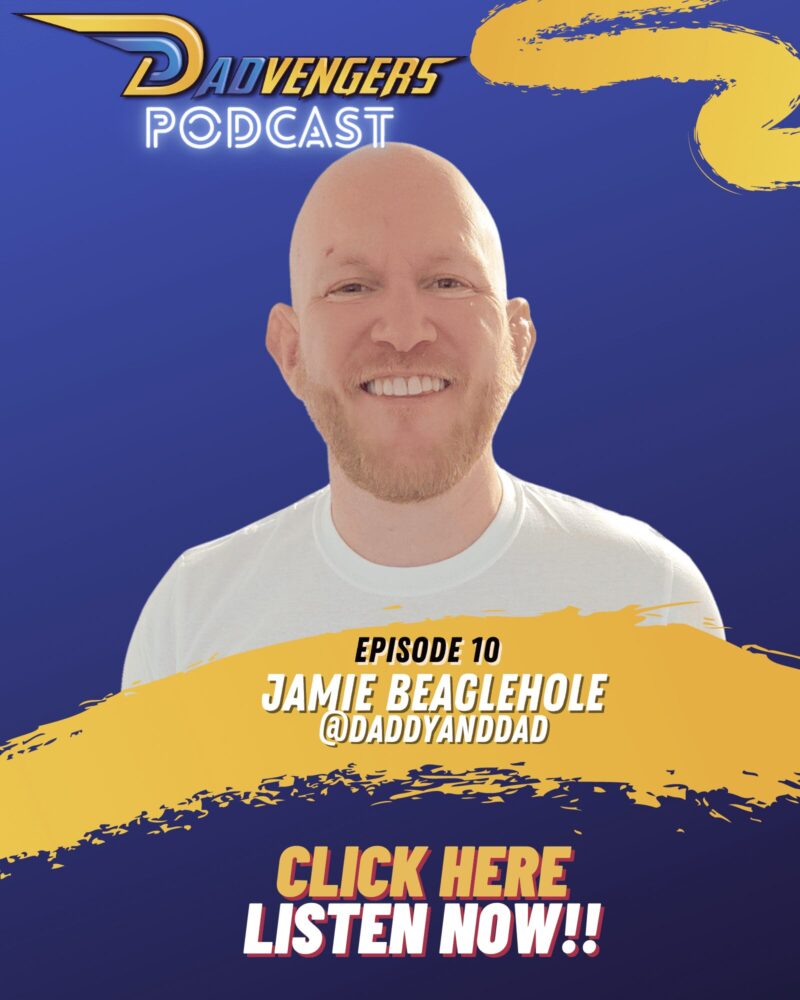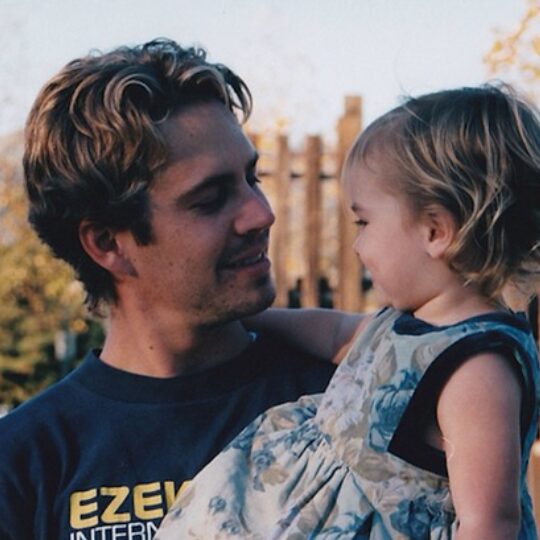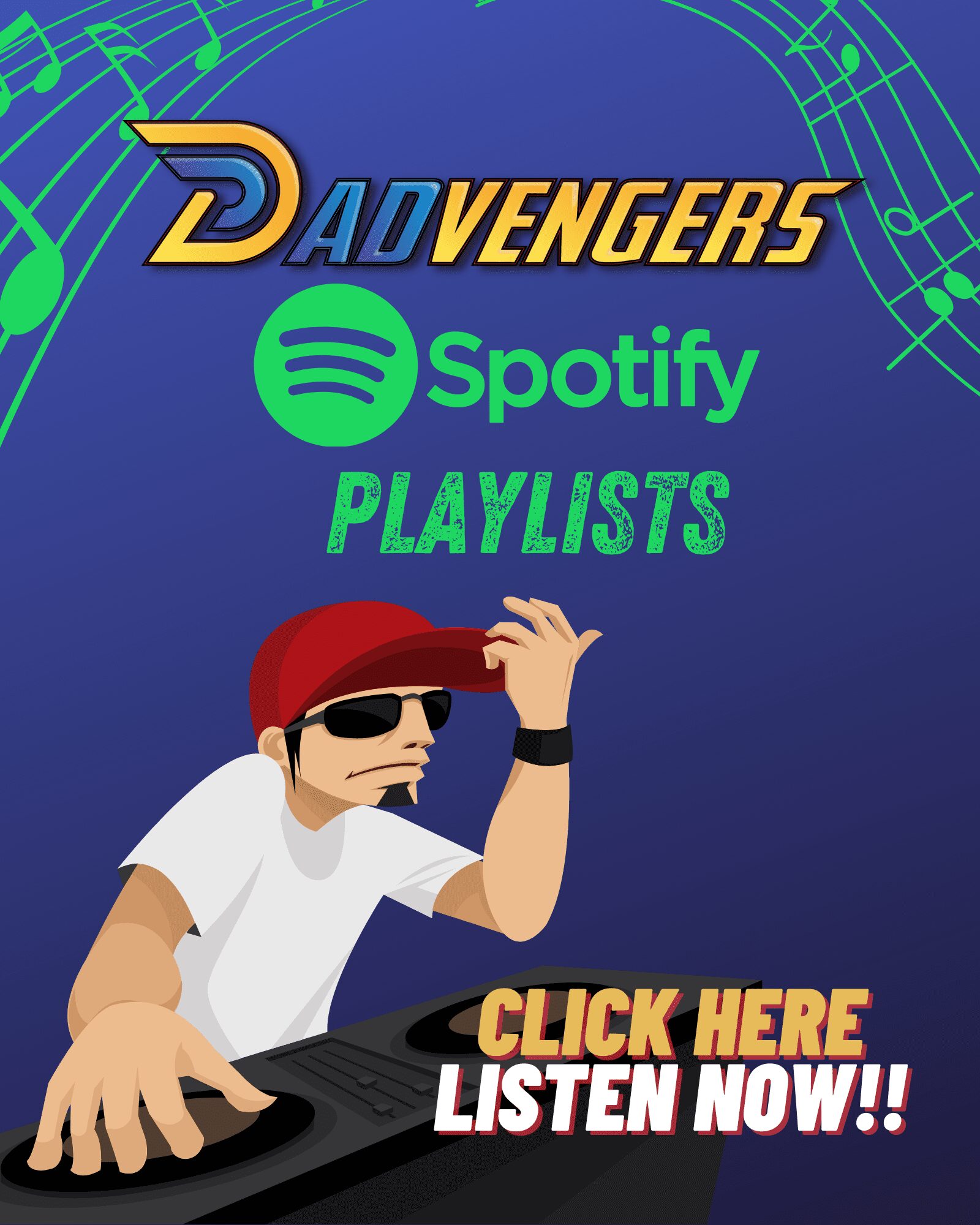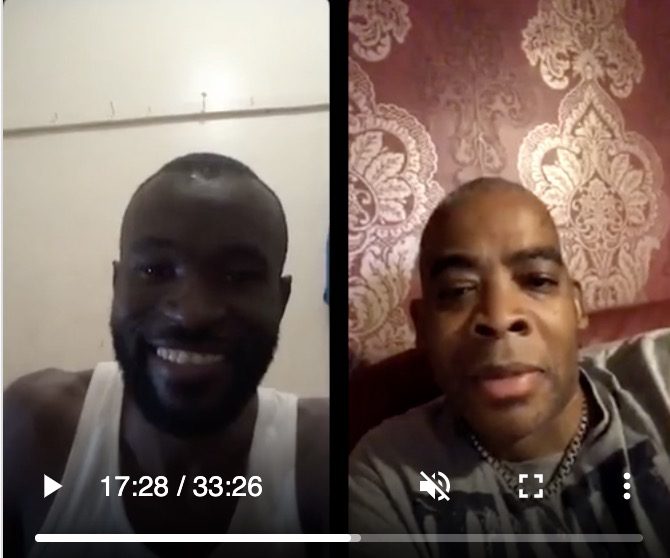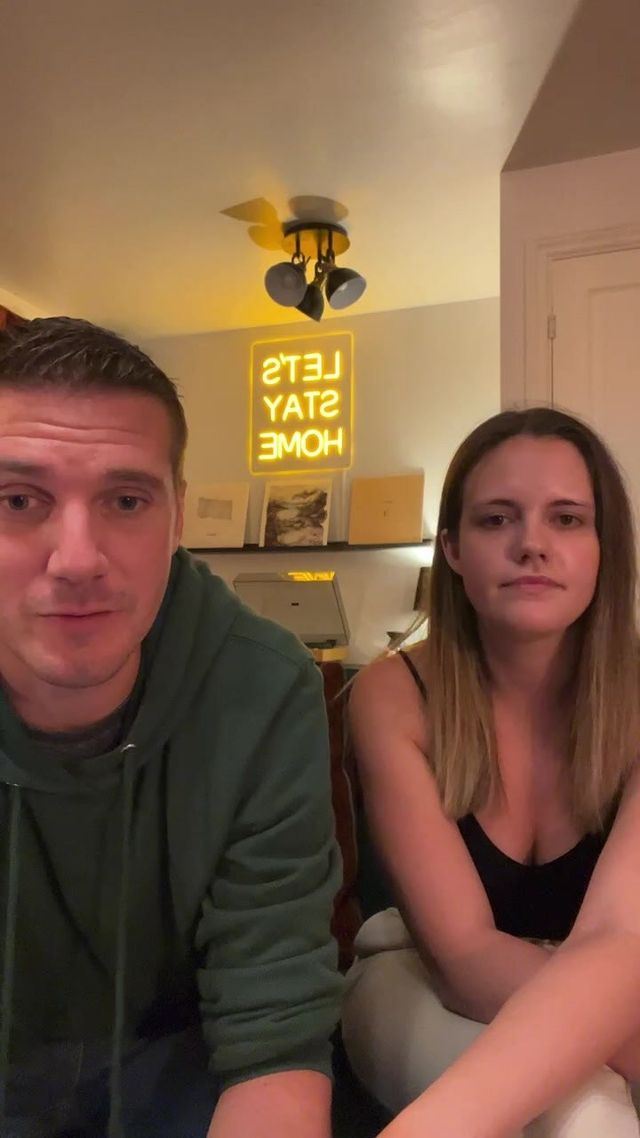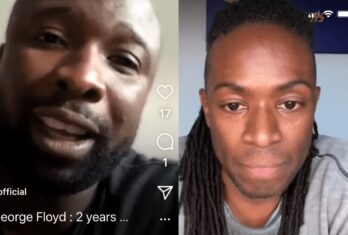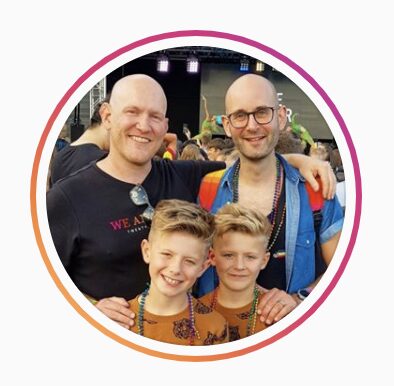Baby loss and grief is something that society doesn’t talk about. I understand why – nobody wants to think about losing a child. It is a tragedy that no parent should ever have to experience. But sadly it is a tragedy that impacts thousands of families every year. In 2003 my twin baby daughters died. A father’s grief and the impact of baby loss is something that I feel strongly about sharing.
In the UK, there are more than 5000 deaths of babies and infants a year. (ONS figures from 2019). Over 5000 parents are impacted by this every year. But we don’t think that this is something we need to talk about – it is a silence that needs breaking. And to do that, I want to share my story in the hope that it will help any other dads grieving the loss of their child.
Two Tiny Heartbeats.
In 2003, after trying for a baby with no success, I came home to my wife Michelle who handed me a gold box. Inside was a positive pregnancy test. We were so happy. We’d begun to think we wouldn’t ever conceive naturally so that tiny little positive sign brought so much joy!
But there was more to come, at an early 12 week scan, Michelle and I looked at the screen and saw not one but two strong heartbeats. Twins! Not only were we finally expanding our family of two, but we were doubling the numbers in one go! I couldn’t have been happier!
But, quickly as that joy came, it was joined by fear. The medics suspected that one twin might have Down Syndrome, and they were investigating Twin-to-Twin Transfusion Syndrome (TTTS). We were referred to the Fetal Medicine Department at Birmingham Women’s Hospital where we found out that neither twin had Down Syndrome but that TTTS was confirmed.
I’d never heard of TTTS – could tell it was serious, but it would be okay wouldn’t it? Soon I learned that it was a life threatening disease – where one twin gets too much blood through the placenta, and the other too little. This can have major developmental consequences for both of the twins – and carried risks to Michelle. I won’t go into detail about TTTS but a great place to learn about this disorder is Twins Trust.
Complications and The Birth.
Our way of life changed completely from then on. It became a life of at least twice weekly appointments for scans. Today, the condition is more easily corrected with laser treatment but in 2003, Michelle had to have serial amnio drainages to keep the twins alive and stop her from going into early labour.
All I could do was watch and hold Michelle’s hand. I felt so helpless not knowing what to do, and knowing this was all out of our control. Each visit came with more news about the twins’ health, most of it wasn’t positive. That was hard to keep hearing. But what were we to do? The love I felt for them was all consuming and real, even though I had only seen their bodies on the scan screen. I had to keep hopeful that they’d turn a corner. I needed them to.
The Complications Got Worse.
At nearly 29 weeks, I could tell that the atmosphere in the scan room was more charged than usual. The doctors turned to us and said the twins needed to be born, today. Every emotion came flooding into me, one emotion jumping on top of the next. To add to the stress, there were no neonatal cots available at Birmingham Women’s Hospital, in fact, there were none available to take twins in Birmingham at all – we were going to be transferred by ambulance to the Royal Shrewsbury Hospital, 60 miles away.
It was in the ambulance that we decided to name our little girls, Alana and Dana. I had no idea what to expect and when we arrived, Michelle was rushed in for an emergency caesarean. I wasn’t allowed to be in there and, as a dad, felt useless. Hope that they’d all survive kept me going while I paced the hospital corridor.
There was also certainly denial there, too. I didn’t want to even contemplate that they wouldn’t survive, I didn’t want to have to face the pain that went with that.
My Little Fighters.
After their birth everything started to move quicker. Alana needed heart surgery and was transferred back to Birmingham – but this time to the Birmingham Children’s Hospital. Dana was staying in Shrewsbury with Michelle which meant that I was going to travel with Alana. Alana was so fragile and to see her fighting for life will stay with me forever. I know that I functioned, but I must have been trance-like with it. After 3 days, we were told Alana wouldn’t survive. The doctors were unable to stabilise her for the surgery that would have helped keep her alive.
Michelle, although in no fit state either, travelled back to Birmingham and was able to see Alana and hold her as she passed away. My heart was completely broken. I didn’t want life to continue without Alana. But I kept my chin up and pretended that I was coping. Most of the attention was on Michelle and that suited me fine. But there was little time to grieve, we weren’t able to go home and contemplate what had happened, to be together and process our loss. We had to make the 60 mile journey back, that same evening, to Shrewsbury, to Dana, who had also just lost her twin sister and was also fragile and fighting for life.
Dana was improving very slowly and when she was almost a month old, we received the news that there was a neonatal cot available back near Birmingham. We were going home. Michelle had continued to live in Shrewsbury all that time, with me going back and forth from home on a daily basis. So, getting such news was amazing amid the sorrow of losing Alana.
But within hours, with Dana ready in the transporter incubator, her blood tests came back, telling the medics that she wasn’t well enough to travel and that there was infection somewhere in her body. She fought ‘til the end but died less than 24 hours later.
A Fathers Grief and The Impact of Baby Loss.
There are no words that can fully express how I felt then. Such pain, loss, guilt, despair, blame, anger – everything destructive settled within me. I didn’t want to have to face my emotions or talk about them. I didn’t want to talk about the twins. It was just too hard. Michelle wanted to talk about our girls, but I didn’t. How we survived as a couple, I’ll never know. I can totally understand why some couples don’t. I wanted to avoid having to have conversations with Michelle in case the twins came up and I’d want to back out. People around us didn’t know what to say or do either. How could they? Alongside all of this, I was already trying to deal with other significant mental health issues from my past and having therapy for them. How I kept myself in one piece I don’t know.
The rollercoaster of emotions was unreal. I can’t remember if support was offered to me but I’d have said ‘no’, turned it down, said that I was ‘ok’ and hoped that no one would have noticed that I wasn’t. I didn’t want to share my darkest, deepest thoughts with anyone -I didn’t want to share them with myself. It was all too raw, too soon. Maybe I’d never be able to say them out loud or sort through them in my own head. I wanted that to be the case. The deeper I could bury them, the better. I felt ashamed of my grief. I wanted to be the protector, thought I had to be ‘a man’, not an emotional wreck.
But burying the grief and the impact of baby loss didn’t make the pain stop. It didn’t make me feel better. In fact, the grief and loss came out in different ways. I worked as a bodyguard at the time, and the loss pushed me to go back into working in personal protection in dangerous situations overseas. I didn’t care about putting myself in danger – if I died, the pain would stop.
The Impact Couldn’t Stay Hidden Forever.
It wasn’t until 3 years ago, Oct 2017, when life circumstances changed, yet again, with Michelle’s diagnosis of breast cancer, that my grief hit home and surfaced. Michelle had always marked the twins birthday every year by delivering birthday cakes to our family members. I had never been involved. It was too painful for me. But Michelle was too unwell, so for the first time I did the cake run. It opened the floodgates. I looked at Alana and Dana’s memory boxes for the first time ever. They had been lovingly made by Michelle soon after their deaths, and then I broke down. I have never cried so hard and for so long in all my life.
It had taken 14 years and other life circumstances for me to allow my grief to escape. Maybe it was just that, the circumstance, that made it come to the surface. Or maybe I was just ready. Maybe I didn’t want to hold it in any longer. I know mentally, I was a completely different person from the grieving dad of 2003. Maybe it was all of the above.
Talking About The Impact of Grief and Baby Loss.
On that day, I realised that there was probably a shed load of blokes out there just like me. Still holding in their grief and the impact of their baby loss, not knowing when it might surface – or dreading the day that it would. So, there and then, I decided that I was going to write a book about my journey through the most traumatic time of my life, a book titled, ‘Daddy and The Two Bears’.
‘The Bears’ was our nicknames for Alana and Dana all the way through Michelle’s pregnancy so it seems fitting.
Writing it brought back so many buried memories and emotions that were often really hard to bear again. My hope is, that by telling my story from my perspective as a dad, not Michelle’s as a mum, might support and connect with others – especially men, who aren’t renowned for being the best at dealing with emotions in such tragedy. It’s a father’s journey of how I dealt with or didn’t deal with it all. Sadly, there doesn’t seem to be as much out there for fathers compared to mothers or is it a case that fathers just don’t take up the support offered? Only you will know that.
I’m now a qualified counsellor myself, I run my own company called Secure Mind Solutions. I retrained as a counsellor to help and support others. That’s far removed from where I came from and what I thought. So if there are any dads reading this, please ask for help, speak to your partner if you can. I kept so much pain inside for 14 years – not only did it have a cost on my physical health but massively on my mental health. Sure, we all deal with grief differently, but speak out to someone because not dealing with your grief is worse still.
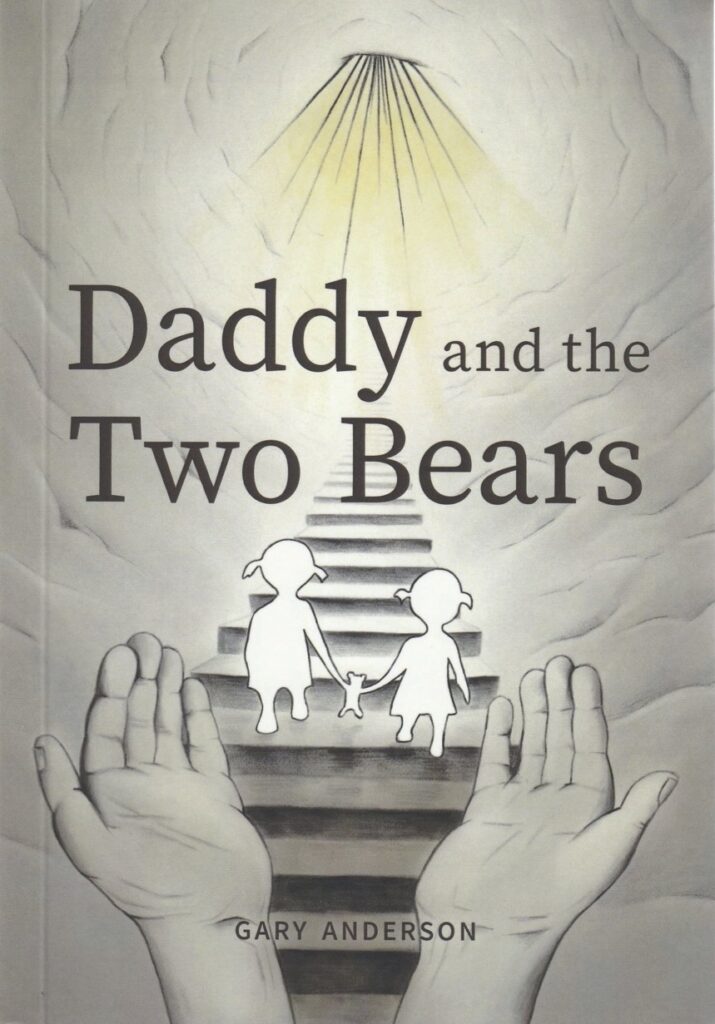
If you’d like to watch and listen to Gary talking about this subject don’t forget you can check out his guest appearance on Dad Chats Live. Our Weekly parenting chats hosted on our Instagram Account.
Watch now>>>
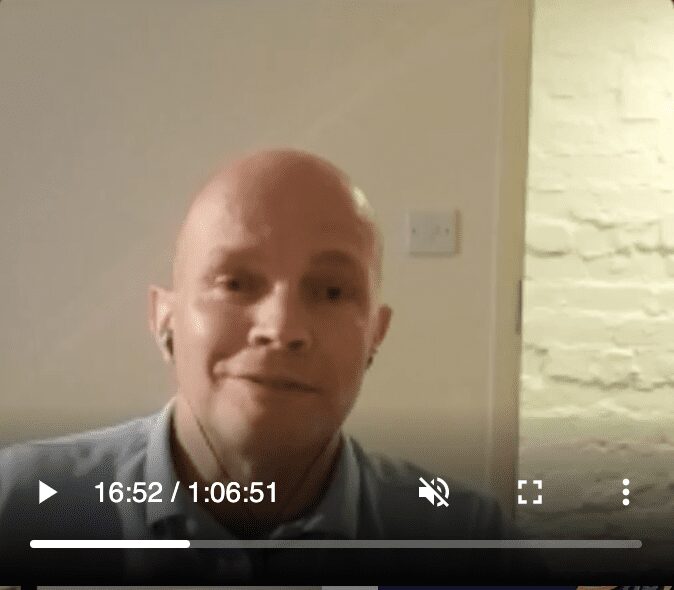
Do You Want to Talk About This Important Subject?
This is such a heart wrenching post, and really highlights the importance of talking no-matter how hard the subject. Do you have your own experiences you’d like to share? Get in touch in the comments section below, or via the contact page, and share this and other Dadvengers Posts with your family and parenting friends.
Dadvengers is a community of parents (that’s Mums and Dads) focused on supporting Dads on their journey through parenthood.


